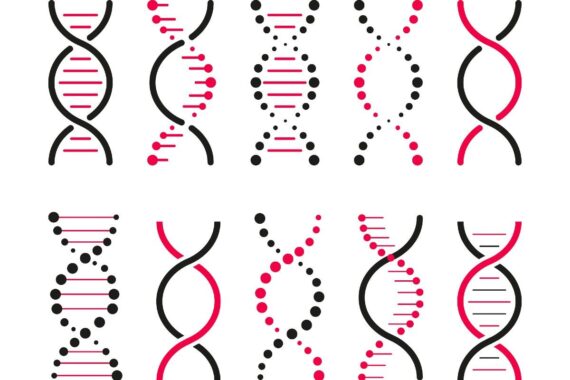GPs to refer women with family history of ovarian cancer direct to genetic counselling

GPs should refer patients directly to genetic counselling if they have a family history of ovarian cancer or are from an at-risk population.
The recommendation forms part of final NICE guidance designed to increase the number of people undergoing genetic testing.
Some groups may also need more support to access services, including people who are physically disabled, people with neurodevelopmental conditions or a learning disability, people from Black, Asian and ethnic minority backgrounds, and people who are LGBTQ+, the recommendation said.
That would also include people who might not realise they are at risk of carrying a pathogenic variant linked to ovarian cancer and other cancer, such as men, trans women and non-binary people born with male reproductive organs, NICE added.
The committee reviewing the threshold for testing agreed that these groups need encouragement to discuss referral to genetics services
And commissioners needed to ensure there are clear referral criteria and pathways in place including online referral forms with a family history questionnaire to be filled out by the individual.
Primary care should also make sure it provides information and support for those being referred for genetic counselling and testing.
NICE had already reported that hundreds of thousands of people could be eligible for genetic testing for risk of ovarian cancer when the draft guidance came out last year.
After referral for genetic counselling, the threshold for testing will be lowered from around a 10% probability of carrying a high-risk gene are tested to 2-3% for 30-to-59-year olds.
Testing for one of nine pathogenic variants will be offered so patients can make decisions about potential management options and monitoring.
At the moment very few – thought to be around 3% – of those who have a high-risk gene know about it, NICE have said.
The committee also wanted to streamline access to testing which can vary depending on whether people are referred to gynaecological services first.
Direct referral to genetic counselling would make services more efficient, NICE said, if other measures such as clear referral criteria were also put in place.
In making the recommendations, the committee discussed that primary care has limited capacity to seek out potential index cases.
But if a family history is known, a person is known to be from an at‑risk population or a person has ovarian cancer, GPs can refer people directly to genetics services.
‘The committee also noted that information and support should be provided in primary care to enable people to make informed decisions,’ the guidelines said.
It would be up to commissioners and service providers to raise awareness both among healthcare professionals and the general public of the availability of testing.
Ovarian Cancer: identifying and managing familial and genetic risk
1.3.1 Healthcare professionals in primary care and secondary care should refer people for genetic counselling and genetic testing if any of the following apply:
- they have a first-degree relative with a diagnosis of ovarian cancer
- they have a maternal or paternal second-degree relative with a diagnosis of ovarian cancer (this includes people with an unaffected intervening blood relative)
- they meet the criteria for genetic testing as set out in the section on criteria for genetic counselling and genetic testing
- they are from an at‑risk population (including people from Ashkenazi Jewish, Sephardi Jewish and Greenlander backgrounds)
- they have been identified through cascade testing
- they have a diagnosis of ovarian cancer as outlined in recommendation 1.4.6 and have not already had mainstream genetic testing.
1.3.2 If a person had a direct-to-consumer genetic test and is reported to have a pathogenic variant for which NHS testing is offered (for example, BRCA), healthcare professionals should liaise with the regional NHS genetics service to discuss whether referral is appropriate.
Pulse October survey
Take our July 2025 survey to potentially win £1.000 worth of tokens

Visit Pulse Reference for details on 140 symptoms, including easily searchable symptoms and categories, offering you a free platform to check symptoms and receive potential diagnoses during consultations.










